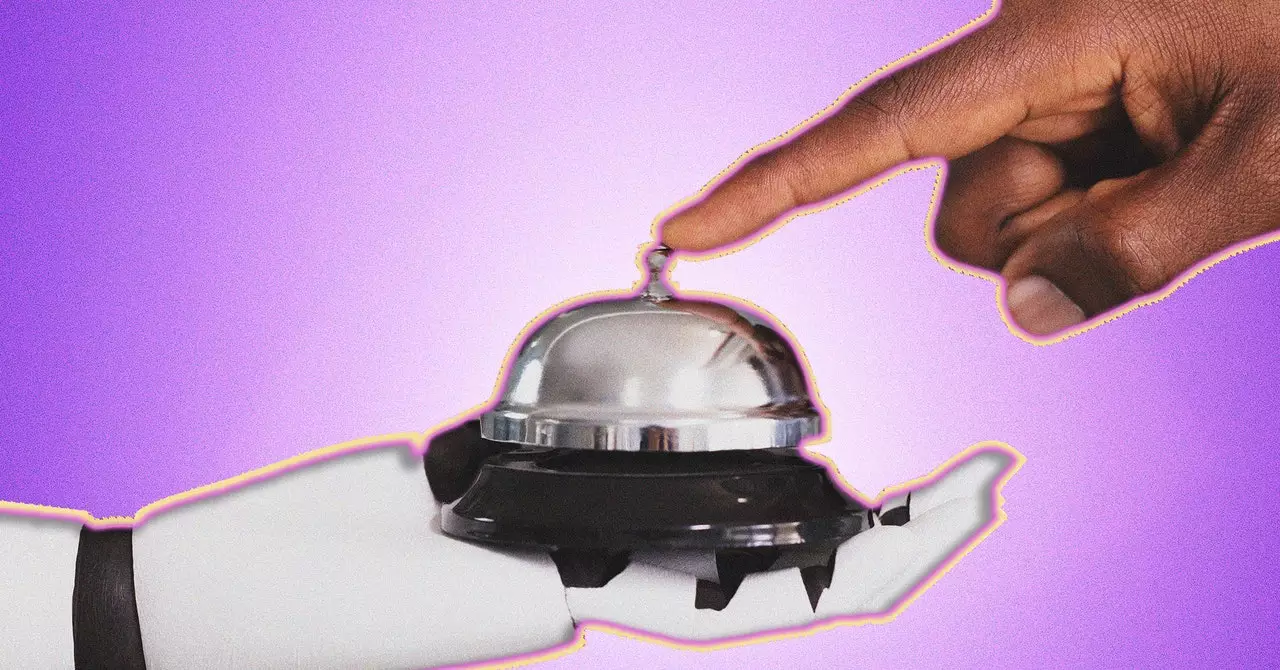The digital age has ushered in transformative changes across various sectors, not least of which is the hospitality industry. With the proliferation of artificial intelligence, we are witnessing a significant shift in how restaurants manage customer interactions. Among these advancements, the introduction of AI voice assistants as restaurant hosts is taking center stage. With names like Jasmine emerging as the friendly, digital face of customer service, we are entering an era where machines are becoming integral to the customer experience.
AI voice assistants have recently started to seep into the restaurant industry, filling a gap often overlooked in the pantheon of consumer-facing AI tools. Unlike their consumer counterparts, which focus on personal assistant capabilities, these AI systems are custom-built for restaurant environments. Operating 24/7, these digital agents manage a plethora of inquiries from potential diners, including information about seating arrangements, menu options, and reservation policies.
The emergence of specialized startups such as Maitre-D AI, Newo, RestoHost, and Slang is indicative of a budding sector within the AI industry. Launched primarily in the Bay Area and now enjoying rapid adoption across various metropolitan regions, these companies represent a novel approach to addressing the inefficiencies in existing customer service models. Industry events like the National Restaurant Association’s food show have showcased these innovations, signifying growing interest and investment in AI technology tailored for hospitality applications.
Despite the rise of online reservation platforms like Resy and comprehensive search engines like Google, a significant number of customers still prefer the traditional method of calling restaurants. Data collected by AI startup founders demonstrates that popular establishments receive a staggering number of calls—sometimes upwards of 1,000 monthly. This high call volume is influenced by a diverse clientele that spans from last-minute diners to tourists seeking instant answers.
As reported by restaurant owners like Matt Ho of Bodega SF, the commercial pressures of constant calls can detract from the dining experience for those already seated. Basic questions—such as dress codes and menu inquiries—often clutter the incoming call traffic, leaving hosts overwhelmed. AI has stepped in as a solution, alleviating the burden on human staff by fielding routine questions and allowing them to focus on providing a quality dining experience.
The Mechanics of AI Voice Assistants
AI voice assistants for restaurants are equipped to handle a variety of tasks that traditionally occupied human hosts. These range from answering frequent queries to managing reservations directly. Advances in natural language processing and machine learning enable these systems to engage in fairly complex conversations—some can even switch between multiple languages to serve a diverse clientele.
Such technology represents a significant investment for restaurants, often made possible through tiered subscription models offered by AI providers. As these voice services become more sophisticated, they promise not only to enhance operational efficiency but also to improve customer satisfaction. In some instances, the AI system may transfer calls to human staff, but statistics indicate these situations account for a mere 10% of inquiries.
Challenges and Future Outlook
While the benefits of implementing AI voice assistants are clear, there are still challenges to consider. Restaurant owners must weigh the costs against the potential improvements in service efficiency. Additionally, there is the matter of consumer acceptance; some diners may prefer human interaction over a voice assistant, noting the impersonal nature of robotic responses.
Nonetheless, the trend demonstrates a clear evolutionary path in how restaurants will communicate with their patrons. With AI technologies continuing to improve, the integration of voice assistants is likely to become more commonplace. Ultimately, as AI continues to reshape the landscape, its impact on traditional dining experiences could be both revolutionary and indispensable.
The advent of AI voice assistants represents a significant development within the restaurant industry. These digital solutions not only streamline operational functions but also enhance the overall customer experience. As the technology matures, it is poised to redefine dining interactions, marking a pivotal shift in hospitality services for years to come.


Leave a Reply